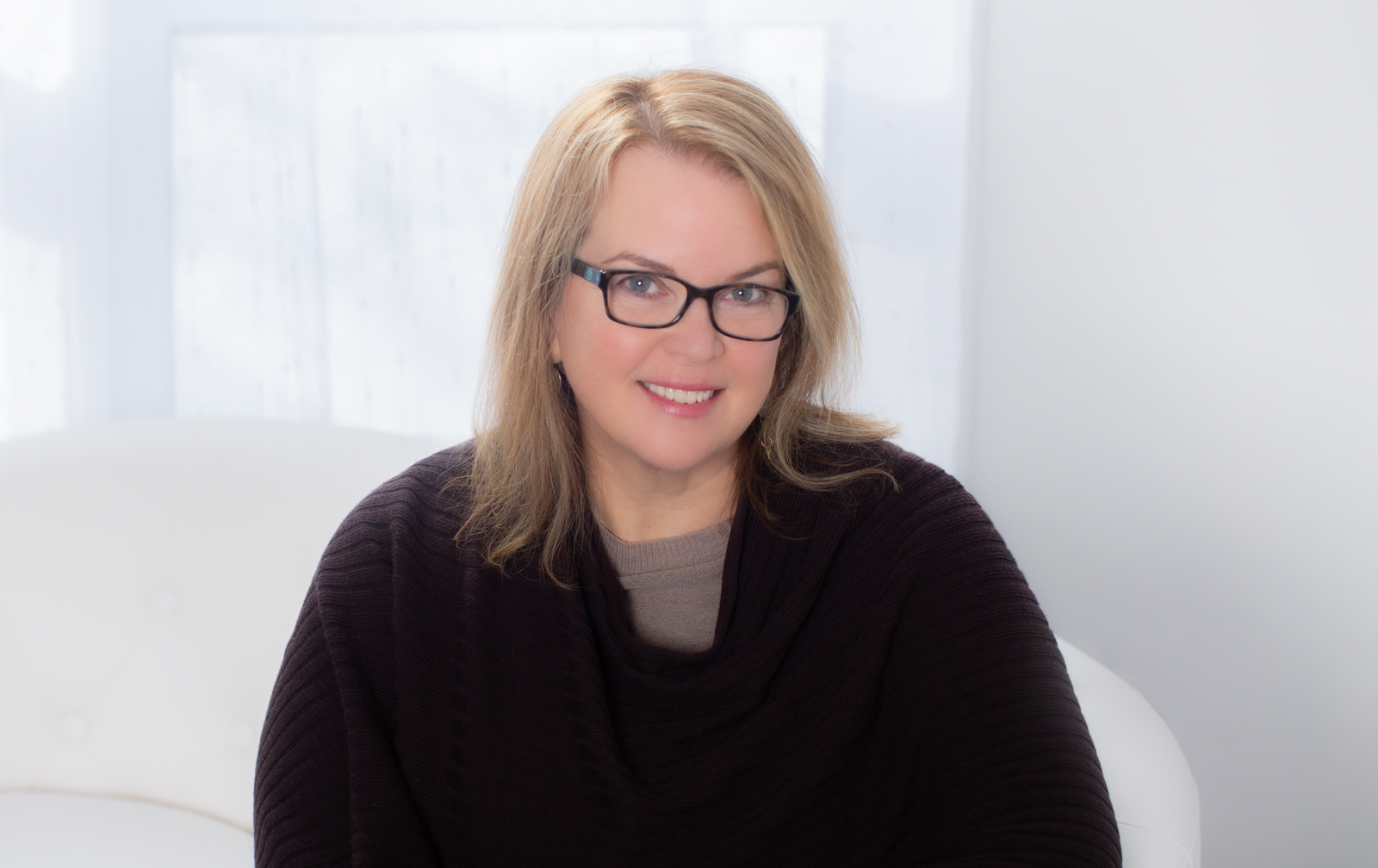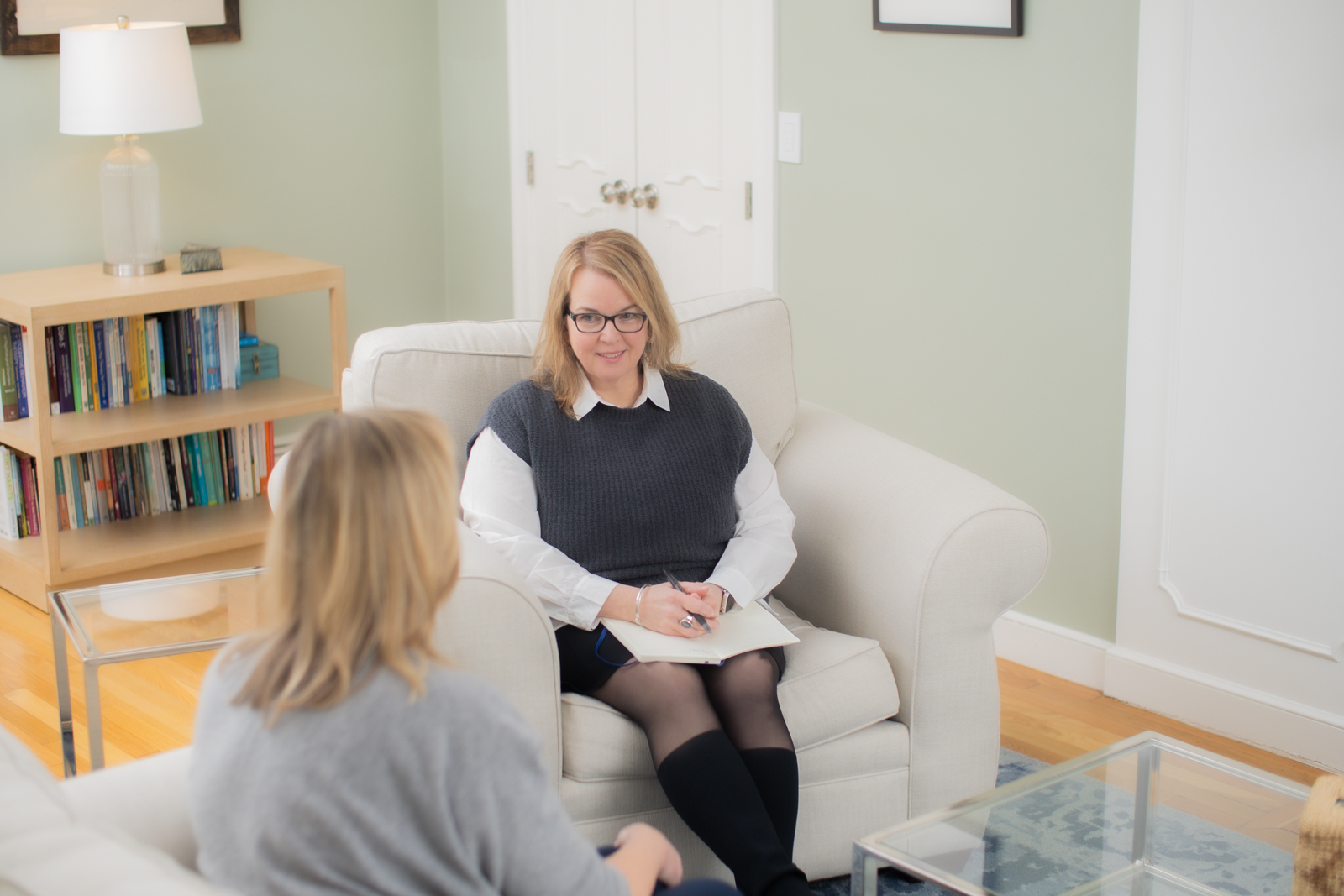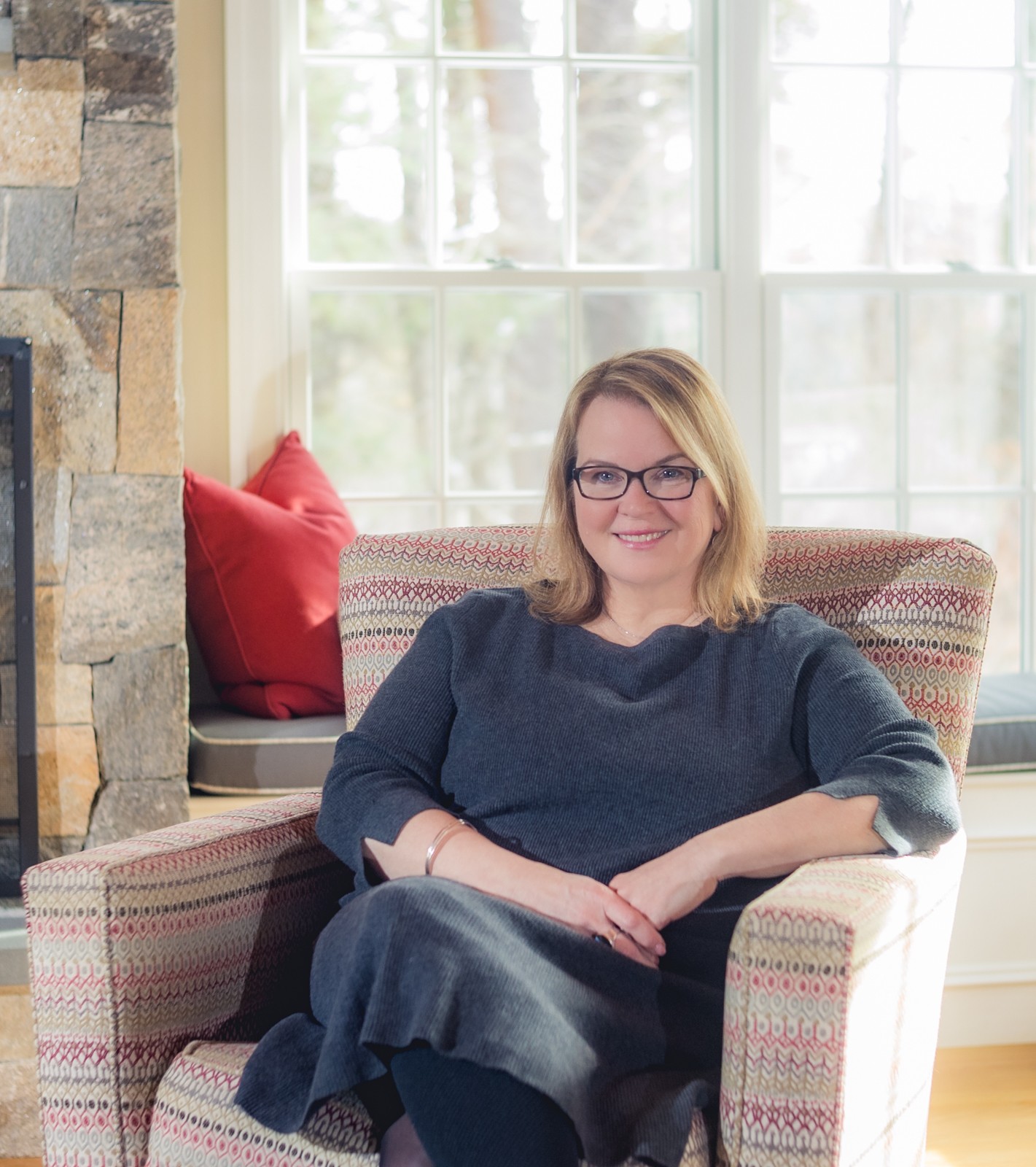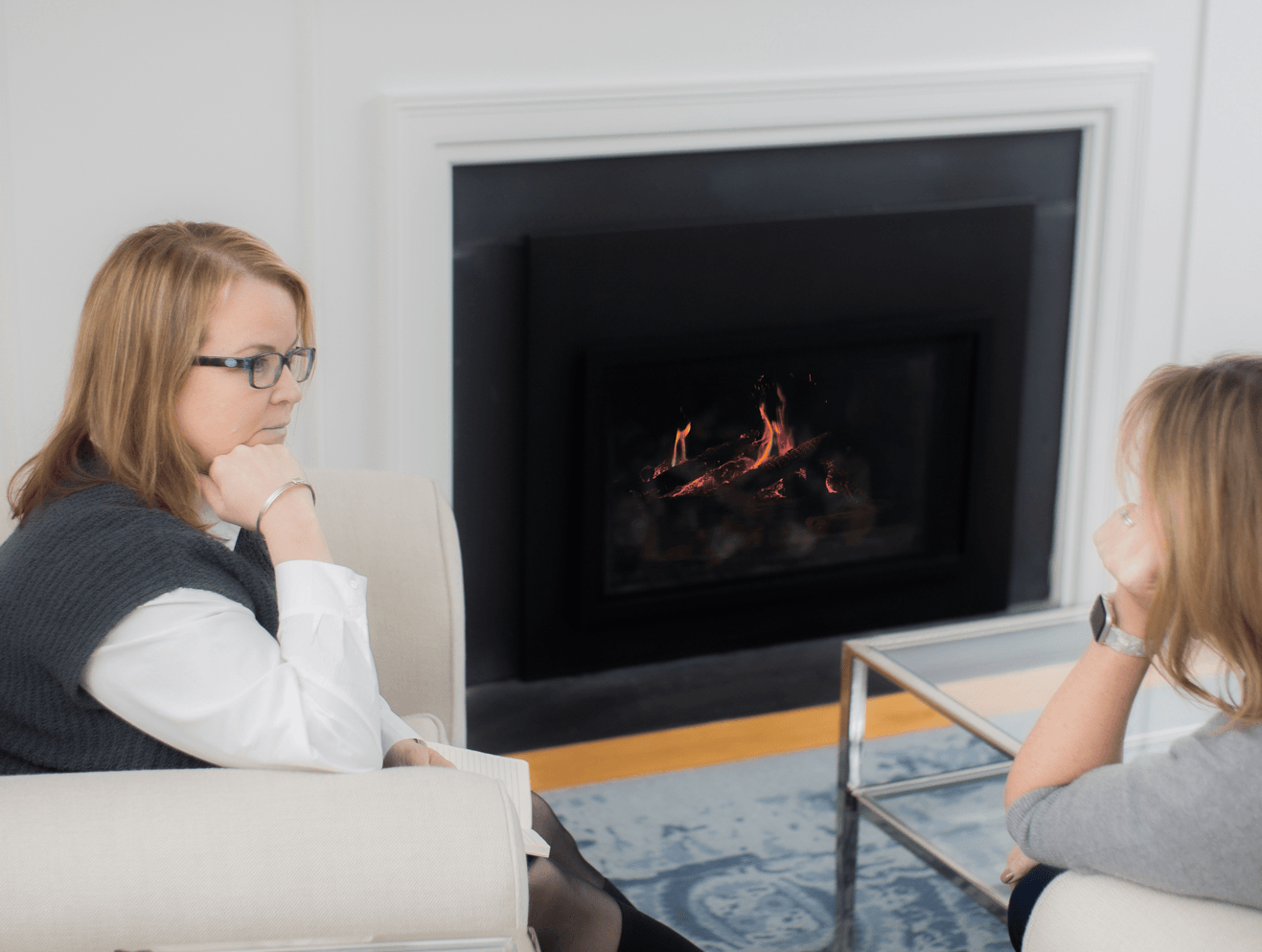We were lucky to catch up with Christy Clark recently and have shared our conversation below.
Hi Christy, thanks for joining us today. We’d love to hear about how you went about setting up your own practice and if you have any advice for professionals who might be considering starting their own?
I actually had a private practice for many years, but at that time, my referrals were largely driven by insurance. Because I had a steady flow of referrals, I didn’t have to do much marketing at all. But, insurance unfortunately doesn’t pay as well as it should for therapy, so in order to generate the income I needed to support my goals, I had to see so many clients. Especially after the pandemic, I was really overworked and burned out. I decided to leave that practice and I went to work for larger company for the last three years. At this large group practice, I rediscovered how much I enjoy teaching, supervising and consultation. Ultimately, it wasn’t a good fit and I left that company just recently. I decided to form my new LLC, Third Wave Therapy & Training, with an emphasis not only on psychotherapy but also on supervision and consultation for other clinicians. I also made the decision to be an Out of Network provider only. Because my referrals are no longer driven by insurance, I have to really focus on my brand, on marketing and eventually on scaling the business. I’m so glad I made this decision–My vision is coming to life! I think I would tell earlier career mental health providers who want to start a practice that it is easier than you might think. I had the idea to do this kind of practice years ago but I hesitated, probably because the marketing/branding and hustling was something that intimidated me back then. I recommend enlisting people to help you so you aren’t going it alone! That’s what I did and it helped me tremendously.

Great, appreciate you sharing that with us. Before we ask you to share more of your insights, can you take a moment to introduce yourself and how you got to where you are today to our readers.
I’m a clinical psychologist and I’ve been licensed and providing therapy for over 20 years. I provide evidence based approaches to therapy, which means they are backed by the scientific literature to show they really help people improve. My specialities include OCD and anxiety, but I have worked with most mental health issues, and I treat both adolescents and adults. I also work with couples and families. I am passionate about my work—I enjoy guiding individuals to slow down, recognize their struggles, and confront avoidance behaviors. By aligning with their core values, I empower clients to move forward quickly and effectively. I am also a supervisor, teacher and consultant and in addition to offering this service in my practice, I am on faculty at Harvard where I supervise doctoral interns.

Training and knowledge matter of course, but beyond that what do you think matters most in terms of succeeding in your field?
Aside from my training and knowledge, Psychological Flexibility, something I am constantly cultivating in myself and in my clients, is probably responsible for my success in this field. The definition of Psychological Flexibility, according to Google’s AI is “the ability to adapt to difficult experiences while remaining true to one’s values, allowing for greater resilience and overall well-being.” To be able to adapt to difficult experiences, whether these be outside myself, or just my own discomfort, I practice mindfulness and acceptance. I teach my clients and supervisees to do this as well, because if you can change your relationship to your difficulty and stop letting it dictate your behavior, you can persist, grow and potentially change.

If you could go back in time, do you think you would have chosen a different profession or specialty?
I most definitely would chose the same profession! I’m one of those annoying people that’s known what I wanted to be when I grew up since I was like 15. I was a naturally curious person, just interested in peoples’ stories, in what makes them tick. People seemed to confide in me, and I liked it. I realized early on that as a clinical psychologist, I could have a career doing something that I was naturally talented in, that I enjoyed, and I could contribute to ending suffering. That’s pretty amazing! I’m also happy to say that the older I get, the longer I’m in this career, and especially as I’ve been practicing acceptance and mindfulness based therapy, the more I enjoy practicing and supervising in my profession.


Contact Info:
- Website: https://www.thirdwavetherapyandtraining.com
- Linkedin: linkedin.com/in/drcclark/


